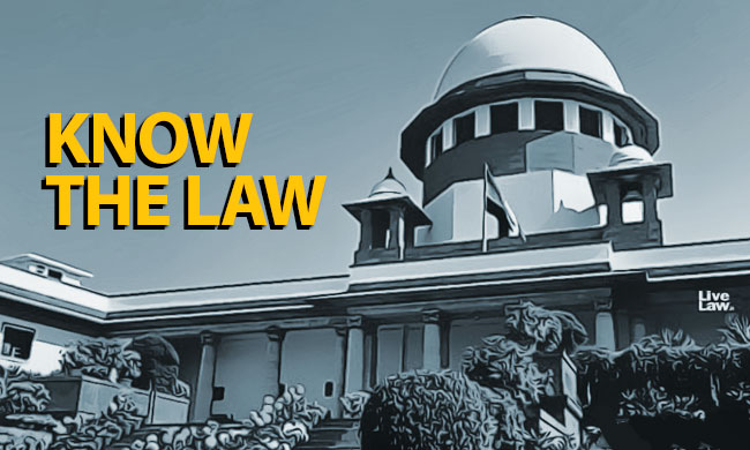Principles For Determining Claim Of Juvenility Under JJ Act : Supreme Court Explains
LIVELAW NEWS NETWORK
21 Nov 2021 12:07 PM IST

Next Story
21 Nov 2021 12:07 PM IST
In a recently delivered judgment in the case Rishipal Singh Solanki versus State of Uttar Pradesh and others, the Supreme Court has summarized the principles relating to the determination of the claim of juvenility under the Juvenile Justice Act 2015.A bench comprising Justices DY Chandrachud and BV Nagarathna delivered the judgment while dismissing a challenging against the declaration of...
